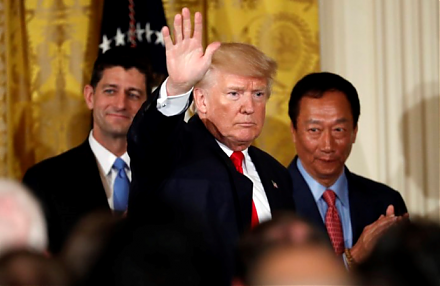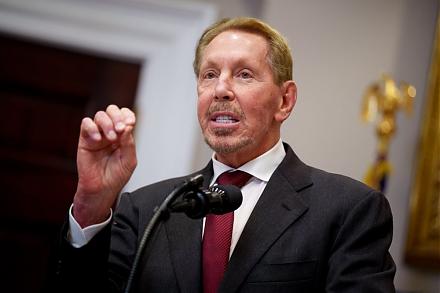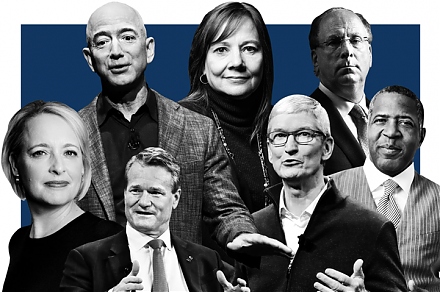

2018-03-02 12:34:00 Fri ET
technology antitrust competition bilateral trade free trade fair trade trade agreement trade surplus trade deficit multilateralism neoliberalism world trade organization regulation public utility current account compliance
White House top economic advisor Gary Cohn resigns due to his opposition to President Trump's recent protectionist decision on steel and aluminum tariffs. The steel and aluminum tariffs target Canada, Europe, Mexico, and China. Key western allies may receive interim exemptions on a case-by-case basis. Through the abrupt tariff tactic, President Trump seeks to dramatically reduce U.S. trade and budget deficits for better mid-term election results.
The former Goldman Sachs president had strongly opposed trade barriers such as tariffs, quotas, and even embargoes. Cohn serves as a steady man in the White House and tries to push President Trump away from some of his most aggressive instincts on trade. In fact, Cohn would prefer the U.S. to keep the North American Free Trade Agreement (NAFTA).
As a proponent of international free trade, Cohn would support the U.S. to join the Trans-Pacific Partnership (TPP). These international free trade movements reflect the collective wisdom of cross-border interests and efforts for fewer trade frictions. CNBC economic media commentator Larry Kudlow is likely to succeed Cohn as the Director of the National Economic Council. Kudlow tends to defend the Trump administration's gradual tariff tactics against China, Canada, Europe, and Mexico.
If any of our AYA Analytica financial health memos (FHM), blog posts, ebooks, newsletters, and notifications etc, or any other form of online content curation, involves potential copyright concerns, please feel free to contact us at service@ayafintech.network so that we can remove relevant content in response to any such request within a reasonable time frame.
2017-07-13 08:35:00 Thursday ET

President Donald Trump has announced that a major Apple iPhone upstream supplier, Foxconn Technology Group (aka Hon Hai Precision Group), will invest $10 bi
2017-05-07 06:39:00 Sunday ET

While the original five-factor asset pricing model arises from a quasi-lifetime of top empirical research by Nobel Laureate Eugene Fama and his long-time co
2017-06-27 05:40:00 Tuesday ET

These famous quotes of self-made billionaires are inspirational words of wisdom on financial management, innovation, and entrepreneurship. For financial
2018-10-05 10:38:00 Friday ET

A 7-year $1.3 billion hedge fund manager Chelsea Brennan shares her investment advice. Her advice encompasses several steps toward better financial literacy
2025-10-02 12:31:00 Thursday ET

Stock Synopsis: With a new Python program, we use, adapt, apply, and leverage each of the mainstream Gemini Gen AI models to conduct this comprehensive fund
2019-10-23 15:39:00 Wednesday ET

American CEOs of about 200 corporations issue a joint statement in support of stakeholder value maximization. The Business Roundtable offers this statement